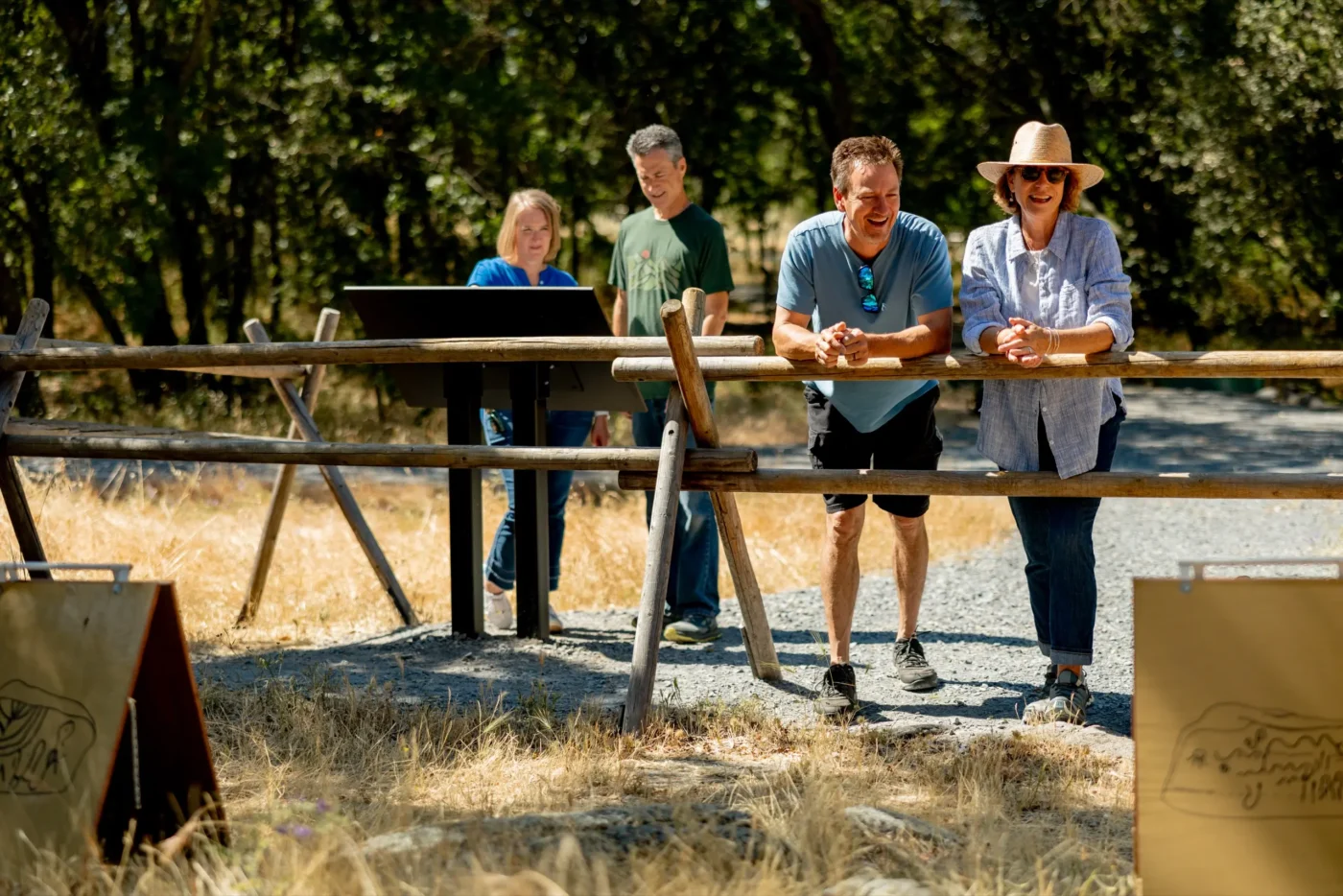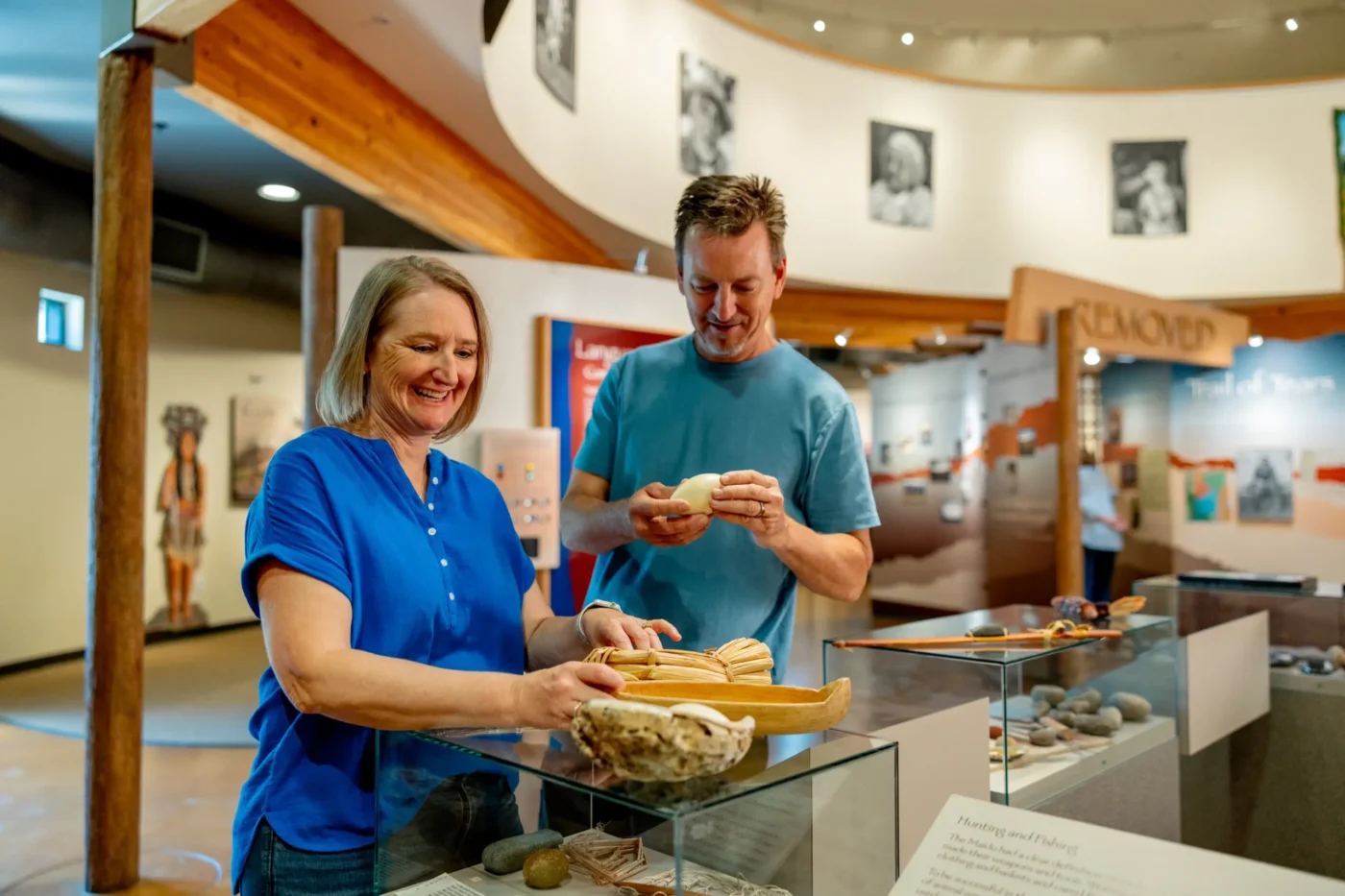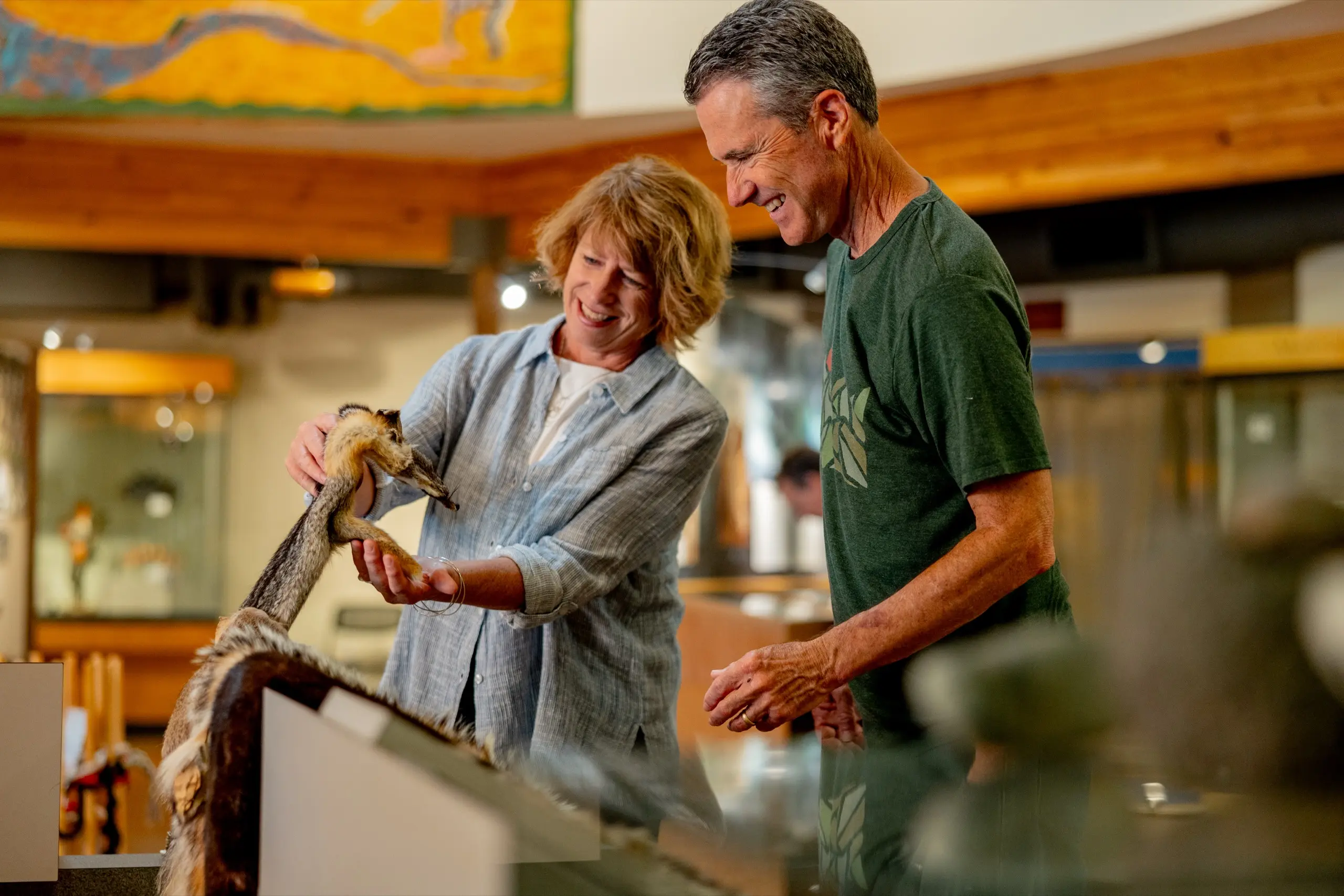This November, we recognize the importance of taking the time to reflect on the enduring legacy of the Nisenan Maidu and honor their contributions to Placer County. Long before the first settlers arrived, the Nisenan Maidu tribe shaped the region through their ability to not only live, but thrive off of the land. Their rich history, rooted in a stewardship of the land we now inhabit and a profound sense of harmony with their surroundings, continues to inspire the way we live today. This month encourages us to both acknowledge and celebrate these connections to our present day community by reflecting on our past–our history, and ensuring that we do our part in actively preserving the cultural heritage of the Nisenan Maidu for future generations.
The Legacy of the Nisenan Maidu
The Nisenan Maidu people, indigenous to Northern California, have a rich and intricate history deeply intertwined with what the region is today. As part of a larger group of immigrating tribes that followed game, crops, and seasons, it wasn’t until around 2,000 years ago this tribe could be distinguished. Utilizing what is known of ancient dialects, the Nisenan’s distinct Maiduan language, from the ancient Penutian family of Native American tongues, could place them in the Placer County area. For generations the Nisenan Maidu people expertly managed the land, utilizing practices that allowed the land to prosper and support the growing population. However, the Gold Rush era brought devastating changes to lives of Natives all across California, as settlers plundered resources and displaced the survivors. Today, Nisenan descendants still reside in Placer County, embodying their enduring spirit and resilience. Their mark on the land can be best experienced at Maidu Regional Park and the adjacent Maidu Museum & Historic Site in Roseville, where you can see rock art, petroglyphs, bedrock mortars, and unique artifacts that provide a firsthand look into their impact on the land.
Connection to the Land

The land that the Nisenan Maidu called home, with its sloping valleys and rolling hills, was considered by many later travelers to be a true “Eden.” This region, with its diverse crops, year-round varieties of game, and aquatic resources, provided an abundance of seasonal food sources. The Nisenan Maidu relied on their intimate knowledge of the land in order to reap the benefits, as well as feed a growing population. In utilizing this knowledge of their surroundings they also found natural medicines and remedies to treat diseases, injuries, and ailments. Their connection to the land went beyond consumption–they also applied selective burning, the practice of setting a controlled fire in order to promote forest health and sustain its resources. These intuitive practices allowed them to successfully live and support growth for around 2,000 years–making the region one of the most densely populated areas of a hunter-gatherer culture in all of North America at the time. Today, practices like selective burning and the utilization of local resources are still regularly applied in order to maintain a strong and healthy environment. These techniques continue to play an important role in ensuring that our community can rely on the longevity of these natural landscapes and resources–an invaluable piece of knowledge we undeniably owe to their influence.
Honoring The History

Although it is important to educate yourself on the history, diversity, and long lasting impacts of the Native American people in the United States year-round, Native American Heritage Month provides a reminder to do so. One meaningful way to engage in this month is by taking the time to learn about local Indigenous history in Placer County. Throughout the year you can attend local events like the pow wows in Auburn and Roseville, or the Maidu Museum Native Craft Fair in Roseville. For deeper exploration we recommend stopping by the Placer Courthouse Museum, which holds a collection dating back to the latter half of the 20th century. You can also assist in supporting Clover Valley in Rocklin, which has been home to the Nisenan Maidu Tribe for over 7,000 years. In 2022, William Jessup University and the Placer Land Trust partnered to provide funds towards the purchase and protection of this sacred land, aiming to preserve its significant history while also laying the foundation for their ambitious plan for the future of the valley. These local landmarks, events, and opportunities to support offer a meaningful opportunity to connect with the history of the Nisenan Maidu, and recognize their enduring cultural significance, as it is deeply woven into the fabric of this community.
Honoring the legacy of the Nisenan Maidu in Placer County is especially important during Native American Heritage Month, as it encourages us to reflect on how we got where we are today and pay homage to those who came before us. However, honoring Indigenous cultures and histories can extend far beyond the confines of a single month–through ongoing efforts for inclusivity and recognition among Indigenous people, we can ensure that this shared local history is not only acknowledged but also preserved. In doing so, we can better cultivate a deep understanding of the cultural heritage that continues to shape the foundations of our community.


